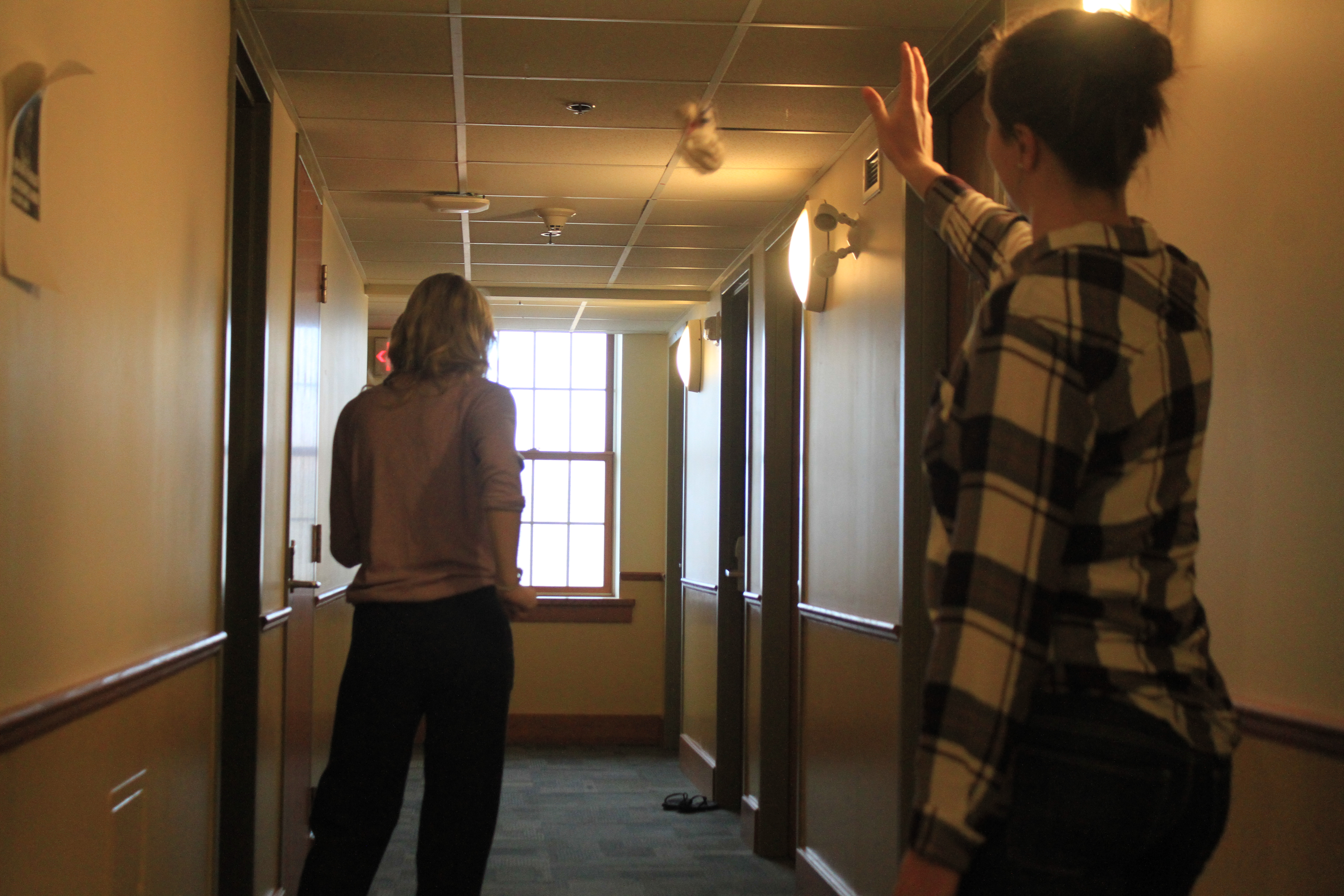Setting time aside for mindfulness benefits people in therapy, students in school, and now politics! Mindfulness includes taking time away from the busy stimuli life offers and taking a moment of introspection to focus on yourself. Some common methods include meditation, practicing breathing, or taking a silent moment to reflect on your day and how you are feeling both physically and mentally. My friend, Sneh Yadav, a politics major (and a prominent believer in mindfulness), recently introduced me to sources indicating mindfulness training within UK governments. The recent initiative has proven beneficial to public policy and has instilled empathy in impactful decision-making affecting a wide range of groups. Specifically:
. . . the UK Mindfulness All-Party Parliamentary Group has contributed to the emergence of mindfulness training in numerous policy narratives. By developing a new kind of familiarity with their own inner lives, a growing number of politicians are finding a new way to approach political discourse and a corresponding enthusiasm for policy that tackles society’s problems at the level of the human heart and mind. (Bristow)
Recurringly, policies brew under the heat of toxic spirit-squandering political arguments, producing a gloomy decision-making environment. Mindfulness has proven to act as “. . . a tool to divert energy away from bickering and toward cooperation. Conservative MP and former Education Minister Tim Loughton detects ‘an affinity amongst those who have been through this mindfulness course, and a rather more considered approach to exchanges of differing views’” (Bristow). Bristow argues mindfulness within the workplace encourages people to essentially hear out their coworkers’ views and take a second glance before shutting down an idea. Mindfulness practice prevents people from becoming close-minded and gives a positive sense of self to convey one’s position in a political conversation while taking in their colleague’s approaches. The best policies acknowledge a multiplicity in perspectives, which requires the people who create the policies to merely listen to their peer’s outlooks and take them jointly into consideration. Then, the shared opinions that the party invests better represents the demographic they advocate.
If mindfulness helps the political world make a difference in society and in policies that affect us, then within Acadia University, we should make a habit out of mindfulness. Mindfulness contributes to a calmer sense of self and teaches you about your mindset. The more you understand your internal mechanisms, the more power you earn to change the external world. Mindfulness provides an easy and non-time-consuming habit for university students to start practicing so that they may feel mentally prepared to take on a day of back-to-back classes and hard work. If the government can do it, so can we!




